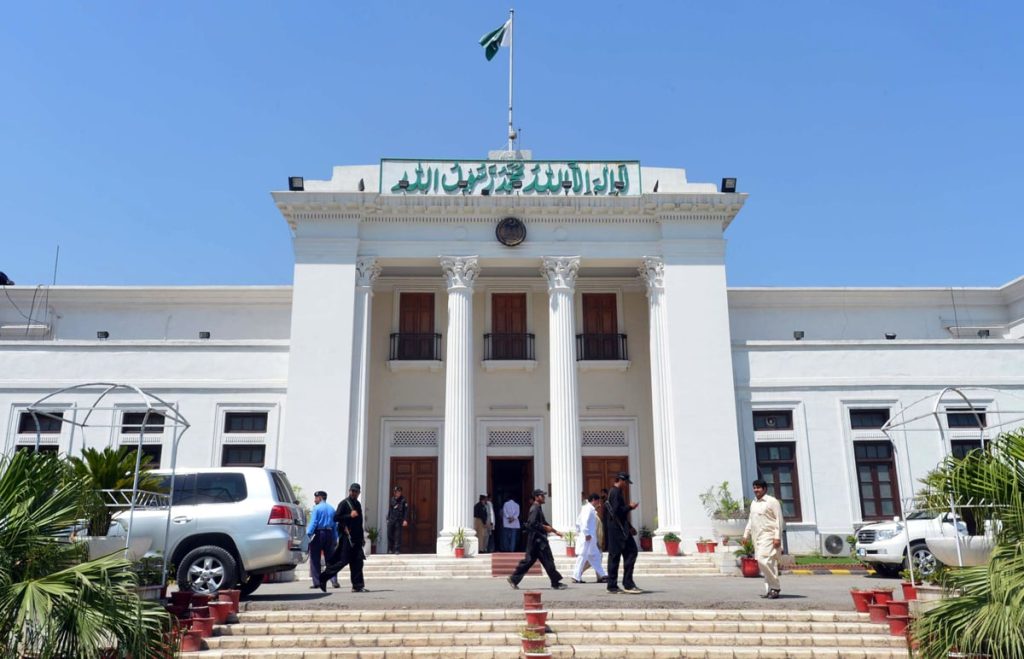Khyber Pakhtunkhwa (KP), a province with immense potential, has often been touted as a success story in governance by its political leaders. However, the ground realities paint a starkly different picture. Instances of mismanagement, corruption, and inefficiency have raised serious questions about the actual performance of the provincial administration.
One notable example of administrative negligence comes from Abbottabad, where a government employee managed to exploit loopholes to hold two jobs simultaneously. Ajab Noor, originally appointed as a clinical technician in the health department in 2013, altered one digit in his National Identity Card (NIC) to secure another job as a constable in the police department in 2017.
For years, he continued to draw salaries from both jobs into the same bank account without detection. What makes this case even more troubling is the fact that the police department paid him additional allowances amounting to PKR 2 million, showcasing a complete failure in oversight mechanisms.
Meanwhile, corruption within the police department has surfaced in other ways. In Dera Ismail Khan, properties owned by the police, including markets and service stations, generated significant revenue in rent. During the fiscal years 2021–22 and 2022–23, a staggering PKR 31.7 million was collected, but instead of being deposited into the government treasury, these funds were reportedly misappropriated by officials.
Similarly, in Bannu, only PKR 73,000 of the annual rent income from police-owned properties was deposited into government accounts, while over PKR 5 million remains unaccounted for. Such incidents reflect systemic corruption and a lack of transparency in financial matters.
The province’s financial mismanagement extends beyond isolated incidents of corruption. Over the past year, there has been a dramatic increase in government expenditures, primarily driven by new hires, rising salaries, and perks for officials.
Between the fiscal years 2022–23 and 2023–24, operational expenses surged by PKR 275.98 billion. This unsustainable rise in expenditures has placed a significant burden on the provincial economy, leaving little room for developmental initiatives or reforms.
In addition to financial woes, KP’s governance has failed to deliver on basic services. According to a 2021 report, over 1,500 public schools across the province lacked fundamental facilities, underscoring the government’s inability to address critical issues in the education sector.
Similarly, long-promised infrastructure projects have suffered from delays and cost overruns. The Peshawar Bus Rapid Transit (BRT) project, once criticized by its own proponents as unnecessary, has become a symbol of government inefficiency. Its delayed completion and inflated costs highlight the administration’s poor planning and execution capabilities.
Public safety remains another area of concern, with lawlessness and insecurity being widespread across the province. No region can confidently be labeled as entirely peaceful, and the government’s writ is repeatedly challenged in areas like Kurram. The deteriorating security situation is a testament to the administration’s failure to uphold law and order, further eroding public trust in its capabilities.
Despite grand claims of reforms and progress, the governance in KP has been riddled with corruption, inefficiency, and negligence. The lack of focus on infrastructure development, coupled with poor financial management and a failure to provide basic public services, has left the province in a state of stagnation. While political rhetoric continues to paint a rosy picture, the reality on the ground remains far from ideal, with the people of KP bearing the brunt of these administrative shortcomings.


